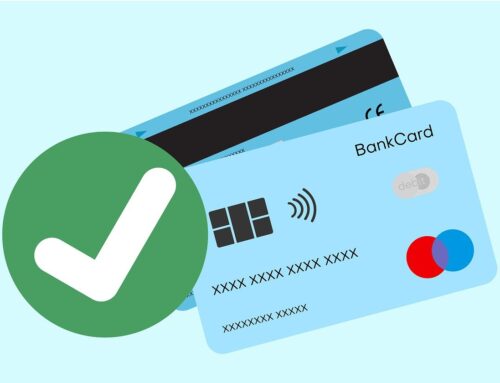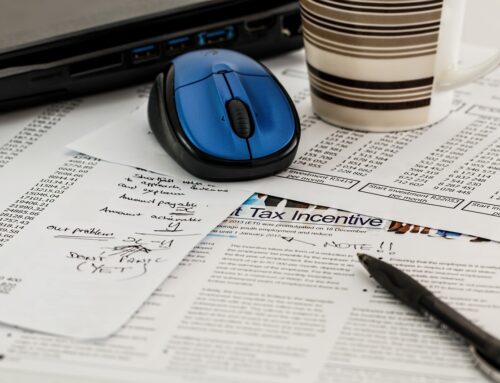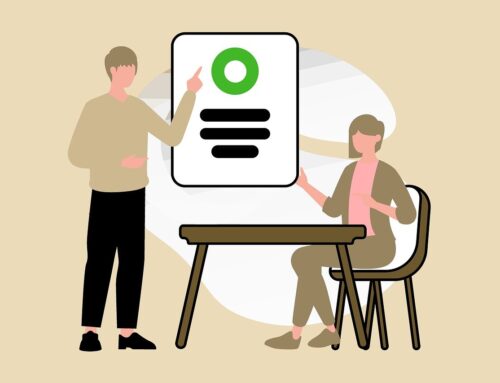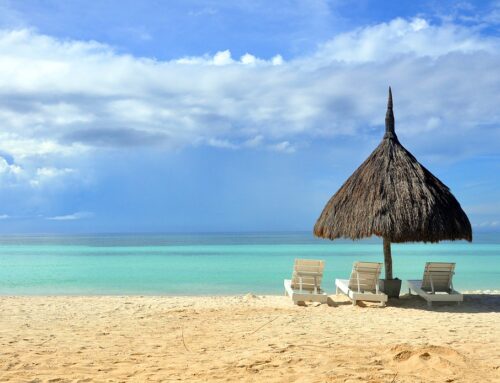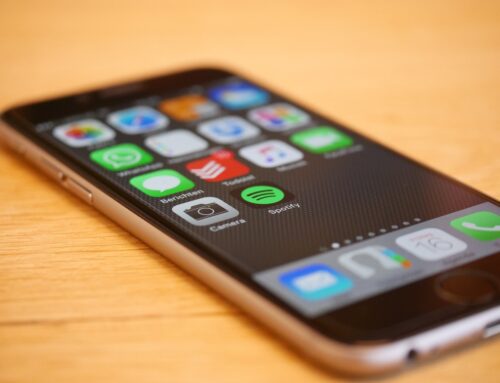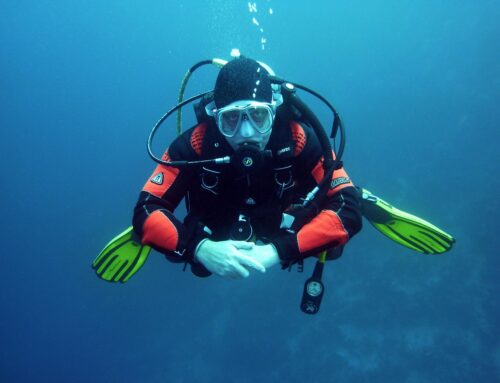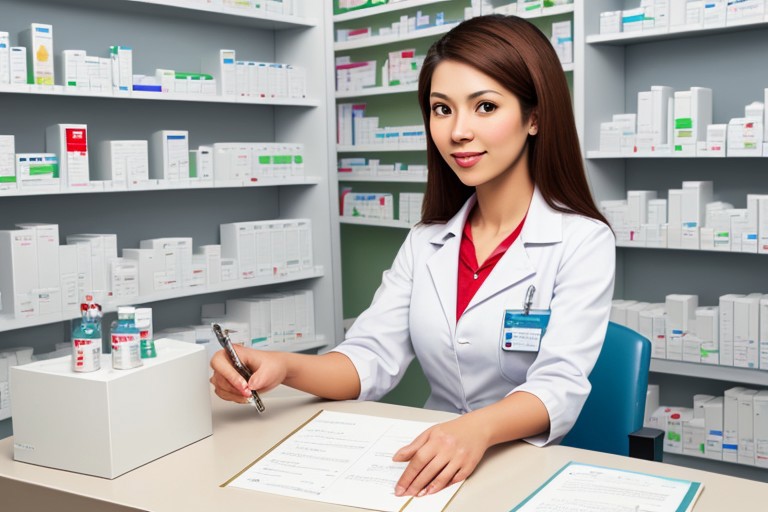
Getting Medications in the Philippines: A Guide for Expats with Pharmacy Prescriptions
Living in the Philippines as an expat can be an enriching experience, filled with new cultures, beautiful landscapes, and exciting adventures. But staying healthy is essential for enjoying your time there. If you rely on regular medication, navigating the pharmacy system in the Philippines might seem like a hurdle at first.
However, fear not! This guide is designed to equip you with the knowledge and strategies to ensure a smooth and successful experience getting your prescriptions filled in the Philippines. Whether you use brand-name medications or generic alternatives, this guide will help you navigate the process with confidence.
Understanding the Pharmacy Landscape: Navigating Options for Expats in the Philippines
As an expat in the Philippines, getting your medications filled is a straightforward process, but it’s helpful to know the types of pharmacies you’ll encounter and what each one offers. Here’s a breakdown of the different options available to you:
Chain Pharmacies: Familiarity and Convenience
Wider Selection
Chain pharmacies like Mercury Drug and Watsons are widely available across the country and often offer a wide range of medications, including some of the same brands you might be used to from your home country. Whether you’re looking for over-the-counter drugs or prescription medications, these pharmacies often have them in stock.
English-Speaking Staff
Chain pharmacies are typically staffed with individuals who can speak English, which can make your experience smoother, especially if you’re not fluent in Filipino. This can be a huge advantage when explaining your needs or discussing specific medications.
Convenience
These pharmacies are easy to find with multiple locations in cities, malls, and major towns, offering great convenience for daily or urgent pharmaceutical needs.
Independent Drugstores: Local Gems for Basic Needs
Accessibility
Independent drugstores are usually smaller and are often found in local neighborhoods, which makes them a convenient option when you’re looking for basic medications.
Focus on Essentials
While they might not carry the broad selection available at larger chain pharmacies, independent drugstores often stock the most common medications, including pain relievers, antibiotics, and basic cold remedies.
Potential Language Barrier
Be prepared that some independent drugstores may not have English-speaking staff, especially in more rural areas. It’s helpful to have a basic phrasebook or translation app on hand to help bridge any communication gaps.
Hospital Pharmacies: Specialized Care and Efficiency
In-House Convenience
If you’re being treated at a hospital, the in-house pharmacy offers the convenience of picking up medications related directly to your treatment, without needing to go elsewhere.
Specialized Stock
Hospital pharmacies may also carry specialized medications that are not available at regular chain drugstores or independent stores. This can be especially useful for those with specific health needs.
Confirmation Needed
Not all hospitals have in-house pharmacies. Before relying on this option, check with your hospital administration to confirm if the pharmacy is available to patients.
Limited Online Availability and The Importance of a Pharmacy Visit
Although the internet can be a useful resource for general information about medications, relying solely on online databases may not give you the most accurate or up-to-date information. Here’s why it’s best to visit a pharmacy in person:
Focus on Local Brands
Online databases often list local generic brands rather than the brand names you may be familiar with from home. While these generics can be effective, they may differ from what you’re accustomed to in terms of packaging, dosing, and even composition.
Limited Stock Updates
Many online platforms don’t have real-time stock updates, meaning the medications listed as available may not always be in stock. This is particularly true for medications with low demand, which are more likely to only be found in major cities like Manila.
Regulations and Restrictions
Certain medications, especially prescription drugs, may be subject to specific regulations in the Philippines that aren’t always reflected online. Some drugs might require additional paperwork or approval from a local doctor to purchase, which isn’t usually mentioned on general pharmacy websites.
Why a Visit to the Pharmacy is Crucial
Accurate Availability
By visiting a pharmacy in person, you can get definitive answers about the availability of the specific medication you need. Pharmacists can also check if the medication is only stocked in larger cities or if it’s available locally.
Expert Guidance
Pharmacists are well-trained to answer questions about alternatives, dosages, and side effects of medications. They can suggest over-the-counter substitutes or generic versions if your prescribed medication is unavailable.
Navigation and Substitutes
If a specific medication isn’t available in your area, pharmacists can guide you to suitable alternatives or tell you where you can obtain the medication in larger cities. They can also assist with finding medications by their generic names if the brand you’re looking for isn’t readily available.
-
Know Before You Go: Restricted Medications in the Philippines
As an expat in the Philippines, it’s essential to be aware of the restricted medications that are heavily regulated in the country. While the Philippines offers many medications, certain drugs, especially those with potential for misuse, come with strict rules for obtaining them.
Restricted Medications
Narcotics:
Pain medications like opiates are tightly controlled due to their potential for addiction. If you require narcotic pain relief, you’ll likely need a special prescription and may have to undergo closer doctor monitoring to receive these medications.
Mood and Behavior Medications:
Medications affecting mood or behavior, such as some antidepressants and stimulants, may also have more stringent regulations to prevent misuse. These drugs might require extra documentation or special prescriptions to obtain.
Controlled Chemicals:
Certain chemicals that can be used to create illegal drugs are strictly regulated. These medications won’t be found in regular pharmacies and often require permits for their purchase.
Doctor’s Prescription is Key
To acquire any restricted medication, you will almost always need a valid prescription from a licensed doctor in the Philippines. The prescription might need to be on a government-approved form to ensure the medication is legally dispensed.
Plan Ahead for Restricted Medications
If you rely on restricted medications, there are some steps you should take before you arrive in the Philippines to avoid potential issues:
Talk to Your Doctor at Home
-
Discuss alternatives: If your medications are heavily restricted, ask your doctor if there are any suitable alternatives that are easier to obtain in the Philippines.
-
Get a larger supply: If your doctor agrees, you might be able to get a larger supply to last longer, reducing the need for refills while you’re in the Philippines.
Research Regulations
-
Stay updated: Always check for updated information on the regulation of specific medications before you travel.
The Philippine Food and Drug Administration (FDA) website is a good resource: FDA Website.
Explore Alternatives
-
Work with your doctor: If restricted meds are essential, your doctor may recommend alternatives that are available more easily in the Philippines.
Seek Expat Support
-
Connect with expat groups: If you need long-term treatment, connecting with expat groups or online forums can provide helpful insights on navigating the local system for obtaining restricted medications.
Shipping Medications with Customs: Navigating the Regulations
Bringing a personal supply of medication is usually the best option, but if you need to ship medications to the Philippines, be aware of the potential challenges involved.
Potential Challenges
Strict Regulations
-
The Philippines enforces strict regulations on medication imports, especially for controlled substances or psychotropic drugs. Always check what is and isn’t allowed before sending medications.
Clearance Requirements
-
Some medications may require import permits from the Philippine FDA to be cleared by customs. You will need to follow proper channels to ensure your medication can enter the country legally.
Documentation
-
You may need to provide documentation such as a doctor’s prescription and proof of medical necessity when shipping medications. This is to ensure that the medication is for personal use and not for resale.
Recommendations for Shipping Medications
-
Consult the Philippine FDA: Check their website for any importation guidelines for the specific medications you plan to ship.
-
Contact the Philippine Embassy or Consulate: They can provide detailed guidance on current regulations for shipping medications.
-
Consult a Shipping Company: Work with a shipping company that has experience navigating Philippine customs regulations to get advice on how to ship your medication successfully.
Alternative Solutions
Given the complexity of shipping medications, here are a few alternatives:
-
Bring a Sufficient Supply: The best option is to bring a personal supply of medication, especially if it’s something you take regularly. A doctor-approved supply will ensure you have enough for the duration of your stay.
-
Explore Local Alternatives: Work with a local doctor in the Philippines to find generic equivalents or alternative medications that are more easily accessible.
At the Pharmacy: Getting Your Medications Filled with Confidence
When you need to get your medications filled in the Philippines, here’s what you can expect:
Present Your Prescription
-
Clear Documentation: Make sure your prescription is clear and in English, and includes both the brand and generic name of the medication. This will help the pharmacist understand exactly what you need.
Be Prepared to Answer Questions
-
Medical History: Be ready to discuss your medical history or allergies with the pharmacist. This is important to ensure you get the right medication.
Generic vs. Brand Name
-
Generics: Many pharmacies in the Philippines offer generic versions of medications, which are often more affordable than brand-name medications. If you prefer a specific brand, ask the pharmacist about the available options.
Payment
-
Cash is Common: Most pharmacies accept cash for medications, though some might accept credit/debit cards. Always confirm with the pharmacy before your visit, especially if you’re at a smaller independent drugstore.
Important Reminders:
-
Don’t Self-Medicate: Never take medications without consulting a pharmacist or doctor first.
-
Ask Questions: If you have any questions about the medication, dosage, or side effects, don’t hesitate to ask the pharmacist. They are there to ensure you take your medications safely.
Additional Tips for Expats with Pharmacy Prescriptions in the Philippines
Here are some additional tips for navigating the pharmacy landscape in the Philippines:
-
Research Chain Pharmacies: Popular chain pharmacies like Mercury Drug, Watsons, South Star Drug, The Generics Pharmacy, and Rose Pharmacy often offer wider selections and have English-speaking staff. Many have online ordering options and store locators to make your search easier.
-
Explore Generic Medications: The Philippines prioritizes generics, which can be significantly more affordable than brand-name medications. Talk to your pharmacist about available alternatives.
-
Bring a Copy of Your Prescription: A digital or physical copy ensures there are no misunderstandings about what you need.
-
Ask for Recommendations: If you have minor ailments like a cough or headache, pharmacists can recommend over-the-counter solutions.
-
Learn Basic Filipino Phrases: Knowing a few key terms like “gamot“ (medicine) and “reseta“ (prescription) can ease communication. Using a translation app can also be helpful.
-
-
Be prepared, navigate confidently, and get your meds!

